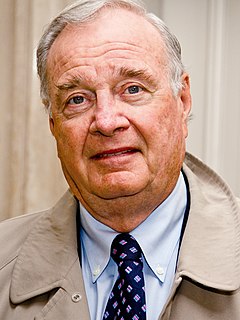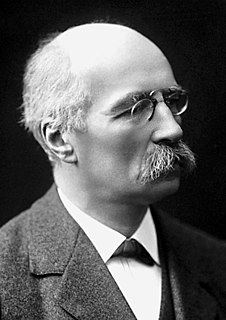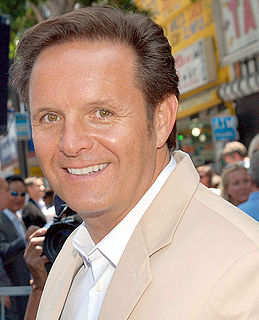A Quote by Sun Yat-sen
What problem does Pan-Asianism attempt to solve? The problem is how to terminate the sufferings of the Asiatic peoples and how to resist the aggression of the powerful European countries. In a word, Pan-Asianism represents the cause of the oppressed Asiatic peoples.
Related Quotes
There are nations that resist, voices that attempt to diminish the urgency or dismiss the science, or declare, either in word or indifference, that this is not our problem to solve. Well, let me tell you, it is our problem to solve... To the reticent nations, including the United States, I say this: There is such a thing as a global conscience.
Solving the population problem is not going to solve the problems of racism, of sexism, of religious intolerance, of war, of gross economic inequality. But if you don't solve the population problem, you're not going to solve any of those problems. Whatever problem you're interested in, you're not going to solve it unless you also solve the population problem. Whatever your cause, it's a lost cause without population control.
The peoples are not awake...[There are dangers] which will render a world organization impossible.
I foresee the renewal of...the secret bargaining behind closed doors. Peoples will be as before,
the sheep sent to the slaughterhouses or to the meadows as it pleases the shepherds.
International institutions ought to be, as the national ones in democratic countries,
established by the peoples and for the peoples.
People have learned by bitter experience that the "European fraternal union of peoples" cannot be achieved by mere phrases and pious wishes, but only by profound revolutions and bloody struggles; they have learned that the question is not that of a fraternal union of all European peoples under a single republican flag, but of an alliance of the revolutionary peoples against the counter-revolutionary peoples, an alliance which comes into being not on paper, but only on the battlefield.






































